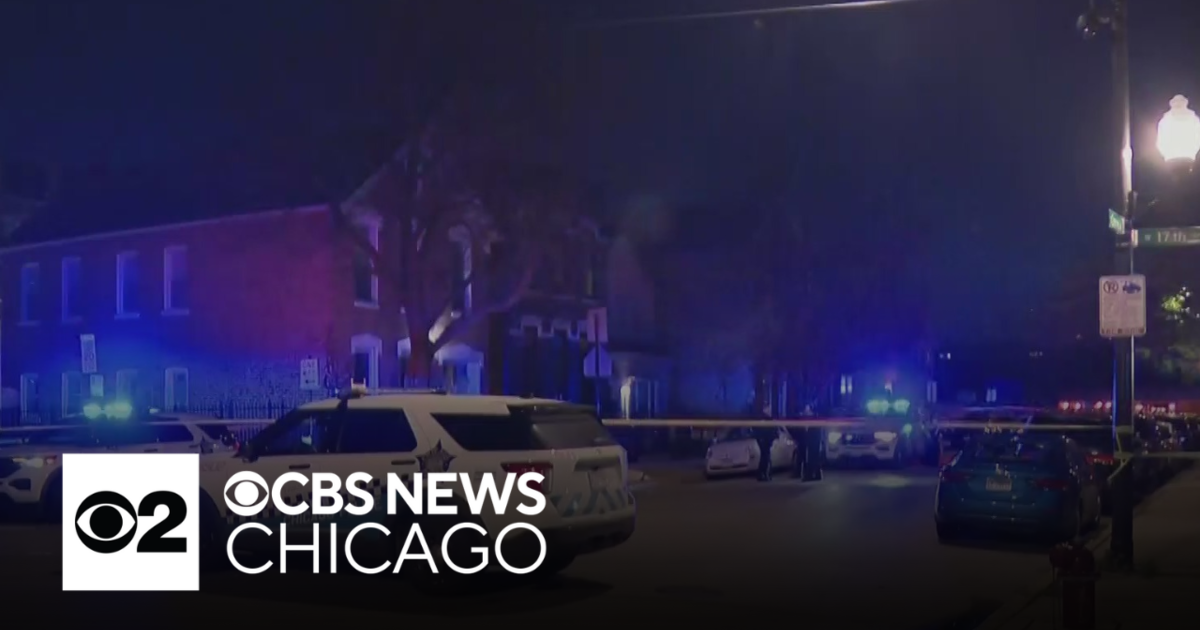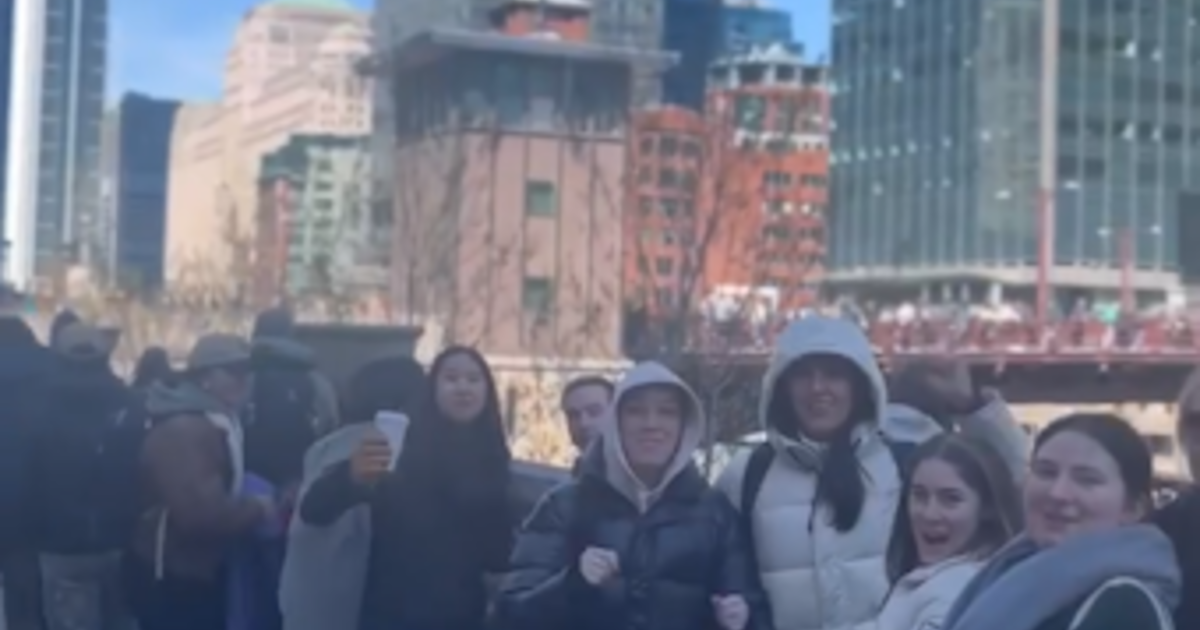The Trial Of The Chicago 7: A Look At The Real-Life Journal Of A Juror
CHICAGO (CBS) -- This has been a year of protests and unrest, recalling a similar time more than half a century ago in Chicago.
The unrest of 1968 and its aftermath is the subject of a new Netflix movie, "The Trial of the Chicago 7," much of which was shot in the city. On Wednesday, CBS 2's Jim Williams had the story of the real-life Chicagoan who documented the courtroom drama at the heart of the film.
In the movie, writer/director Aaron Sorkin tells the story of the Chicago Seven, recreating that tumultuous period on the streets, and in the courtroom.
But at the Edgewater Historical Society, the real pages of Jean Fritz's journal describe her four months as a juror in the 1969 trial depicted in the film.
FROM CBS SUNDAY MORNING:The Story Of The Chicago 7 Trial
Marjorie Fritz-Birch is Fritz's daughter, and curator of the exhibit.
"What she learned, what she experienced, everything she wrote about in her journal," Fritz-Birch said.
The trial was a spectacle, part performance art, at Chicago's Dirksen Federal Building.
A year before, in 1968 - during the Democratic National Convention – police clashed with anti-Vietnam War protesters.
A commission blamed the cops and called it a police riot, but federal prosecutors charged eight protest organizers with crossing state lines to incite a riot.
At first, there were eight Chicago defendants – Jerry Rubin, Abbie Hoffman, Tom Hayden, Rennie Davis, Bobby Seale, Lee Weiner, John Froines, and David Dellinger.
As shown the movie, Seale argued with U.S. District Judge Julius Hoffman, who ordered Seale bound and gagged.
Fritz-Birch said that moment upset her mother terribly.
"She was shaking in the courtroom and crying and she wrote in her journal, 'I can't believe something like this is happening in my country.'"
Seale's case was declared a mistrial, and the Chicago Eight became the Chicago Seven. Five of the defendants were convicted but eventually all the convictions were overturned.
That was thanks in part, Fritz-Birch said, to her mother's testimony in appellate court.
"She realized early on that nothing they were doing was right," Fritz-Birch said. "It was unconstitutional."
Today's protests echo that period more than 50 years ago - a time that forever changed Fritz.
"One thing that bothered her more than else, that she kept writing in her journal, she said, 'I've never been afraid my government before; that I'm now afraid of my government,'" Fritz-Birch said.
Fritz's daughter said it was a very tense time for the family after the trial. They were subjected to hate mail and death threats - during a time, like today, when the country was divided.
Fritz died two years ago, shortly before her 100th birthday.
The movie was supposed to have a wide release in theatres, but then COVID-19 hit and Paramount sold the movie to Netflix, which will start streaming it Friday.
Sorkin got involved after having written several versions of the script for the movie over the years. After the 2016 presidential election, Steven Spielberg convinced Sorkin to make and direct "The Trial of the Chicago 7."






